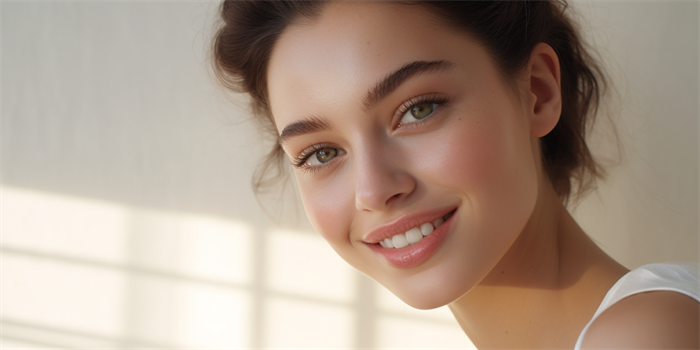Can I Eat Shrimp After Ultherapy in St. Petersburg?
Ultherapy, a popular non-invasive skin tightening treatment, has gained significant attention in St. Petersburg for its ability to lift and tighten the skin without surgery. However, many patients often wonder about their dietary restrictions post-treatment. One common query is whether it is safe to consume seafood, particularly shrimp, after undergoing Ultherapy. This article delves into various aspects to provide a comprehensive understanding of the relationship between Ultherapy and dietary choices, focusing on shrimp consumption.

Understanding Ultherapy
Ultherapy uses ultrasound technology to stimulate collagen production deep within the skin. This process helps in skin rejuvenation and tightening, making it a preferred choice for those looking to reduce the signs of aging. The treatment is typically painless and does not require any downtime, allowing patients to resume their normal activities immediately after the session.
Dietary Considerations Post-Ultherapy
While Ultherapy does not impose strict dietary restrictions, it is essential to maintain a healthy lifestyle to maximize the treatment's benefits. This includes consuming a balanced diet rich in antioxidants and avoiding foods that can trigger inflammation. Seafood, including shrimp, is generally considered a healthy protein option due to its omega-3 fatty acids and low fat content. However, individual reactions to seafood can vary, and it is crucial to consider personal health conditions and allergies.
Potential Allergic Reactions
One of the primary concerns with consuming shrimp after Ultherapy is the risk of allergic reactions. Shrimp is one of the most common allergens, and even a small amount can trigger symptoms ranging from mild itching to severe anaphylaxis. If you have a known shrimp allergy, it is advisable to avoid consuming it post-Ultherapy to prevent any adverse reactions that could complicate your recovery or interfere with the treatment's effectiveness.
Nutritional Benefits of Shrimp
For those who are not allergic to shrimp, this seafood can offer several nutritional benefits. Shrimp is high in protein, low in calories, and rich in essential nutrients like selenium, vitamin D, and iodine. These nutrients are beneficial for overall health and can support the body's healing process. However, it is important to ensure that the shrimp is sourced from a clean and safe environment to avoid contaminants like mercury, which can be harmful in high doses.
General Health and Wellbeing
Maintaining general health and wellbeing is crucial after undergoing Ultherapy. This includes staying hydrated, getting adequate rest, and avoiding stress. Consuming shrimp as part of a balanced diet can contribute to overall health, provided it is part of a well-rounded nutritional plan. It is always recommended to consult with a healthcare provider or a nutritionist to tailor your diet according to your specific health needs and the requirements post-Ultherapy.
FAQ
Q: Is it safe to eat shrimp immediately after Ultherapy?
A: Yes, it is generally safe to eat shrimp immediately after Ultherapy, provided you do not have any allergies to seafood. However, it is always best to consult with your healthcare provider to ensure that it aligns with your overall health plan.
Q: Are there any specific dietary recommendations post-Ultherapy?
A: While there are no specific dietary restrictions post-Ultherapy, maintaining a balanced diet rich in antioxidants and avoiding inflammatory foods can help maximize the treatment's benefits. Consulting with a nutritionist can provide personalized dietary recommendations.
Q: Can shrimp consumption affect the results of Ultherapy?
A: Shrimp consumption itself is unlikely to affect the results of Ultherapy. However, if you have a seafood allergy or consume contaminated shrimp, it could potentially impact your overall health and recovery. Ensuring the quality and safety of the seafood you consume is crucial.
In conclusion, eating shrimp after Ultherapy in St. Petersburg is generally safe for those without seafood allergies. However, it is essential to consider individual health conditions and consult with healthcare professionals to ensure that dietary choices align with overall health and wellbeing post-treatment.




